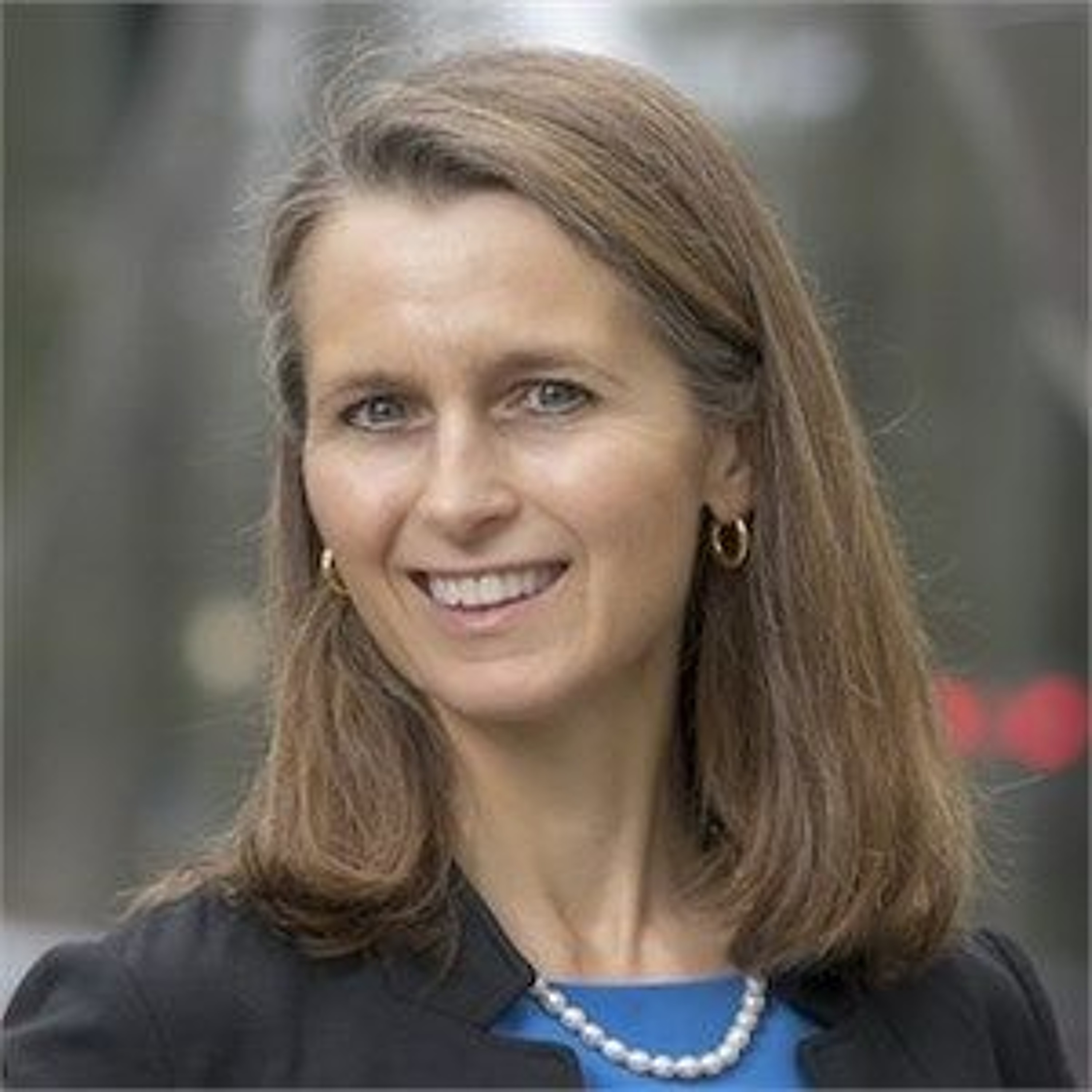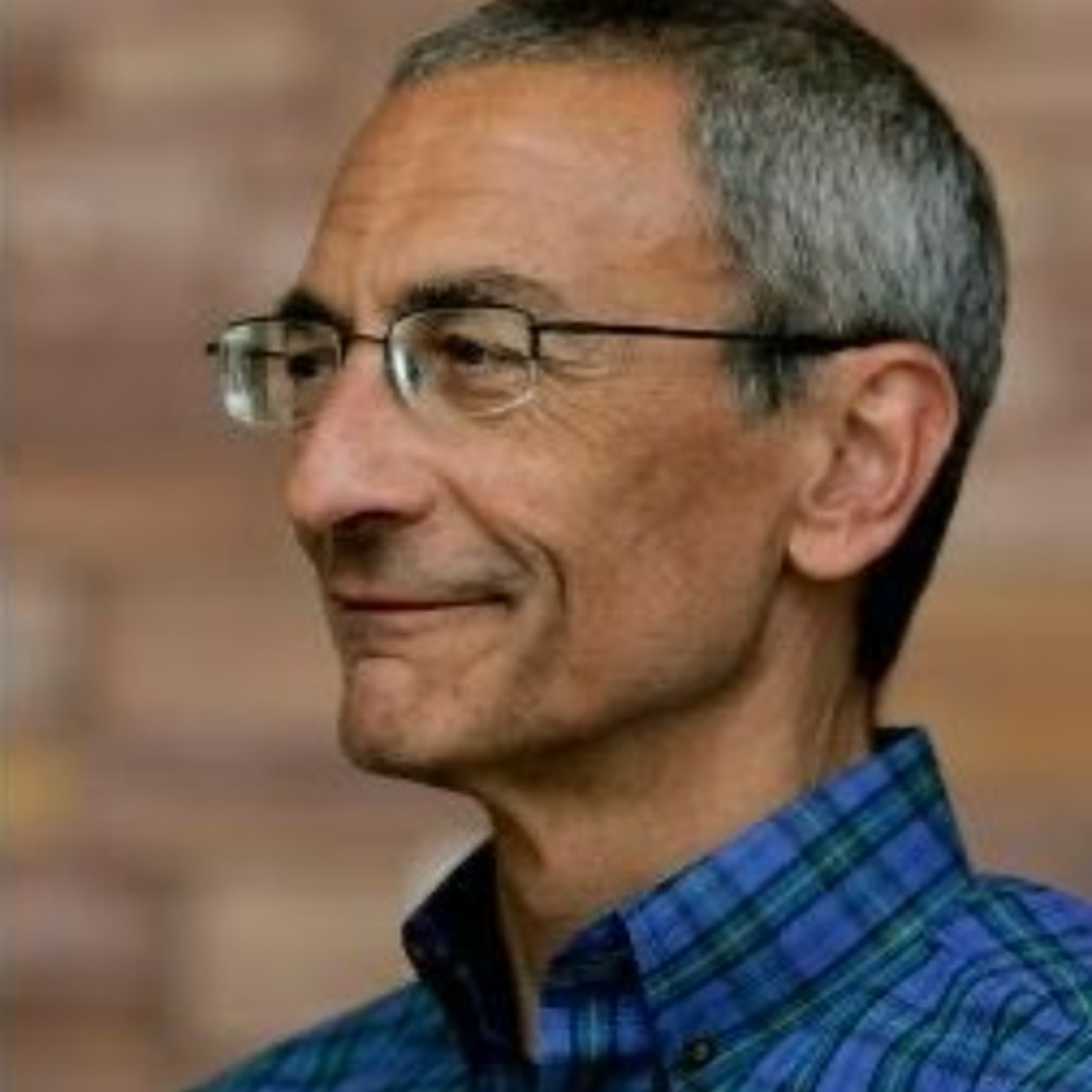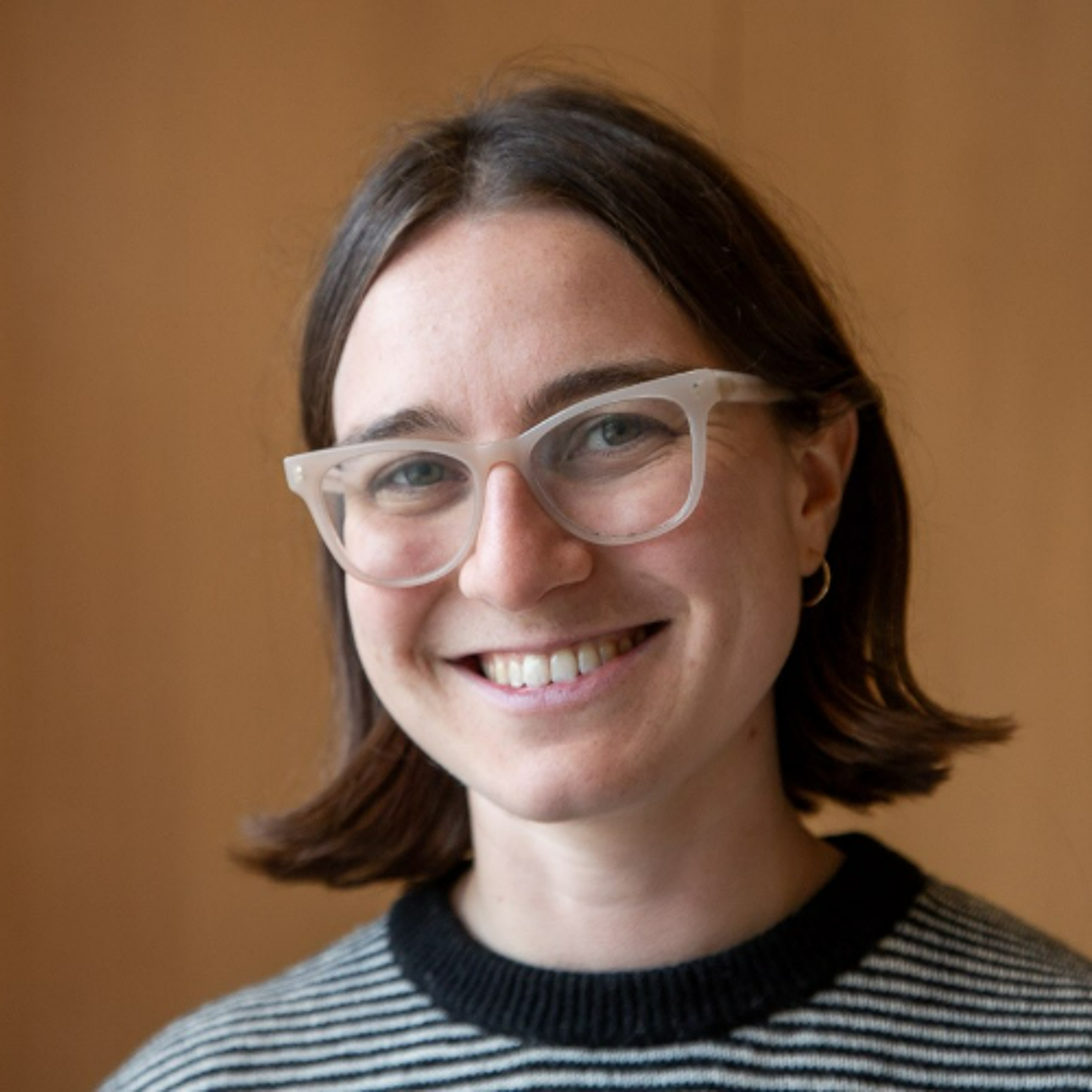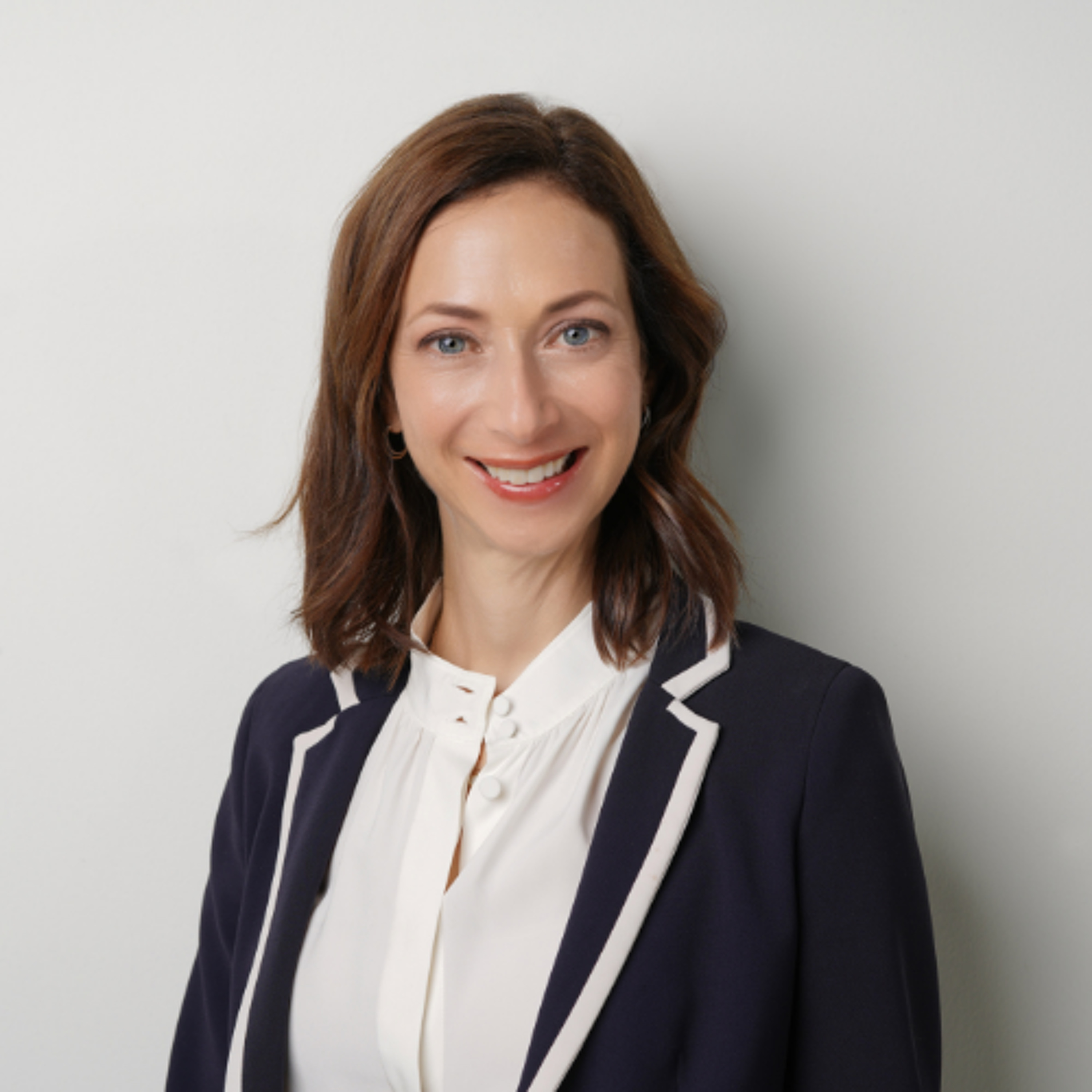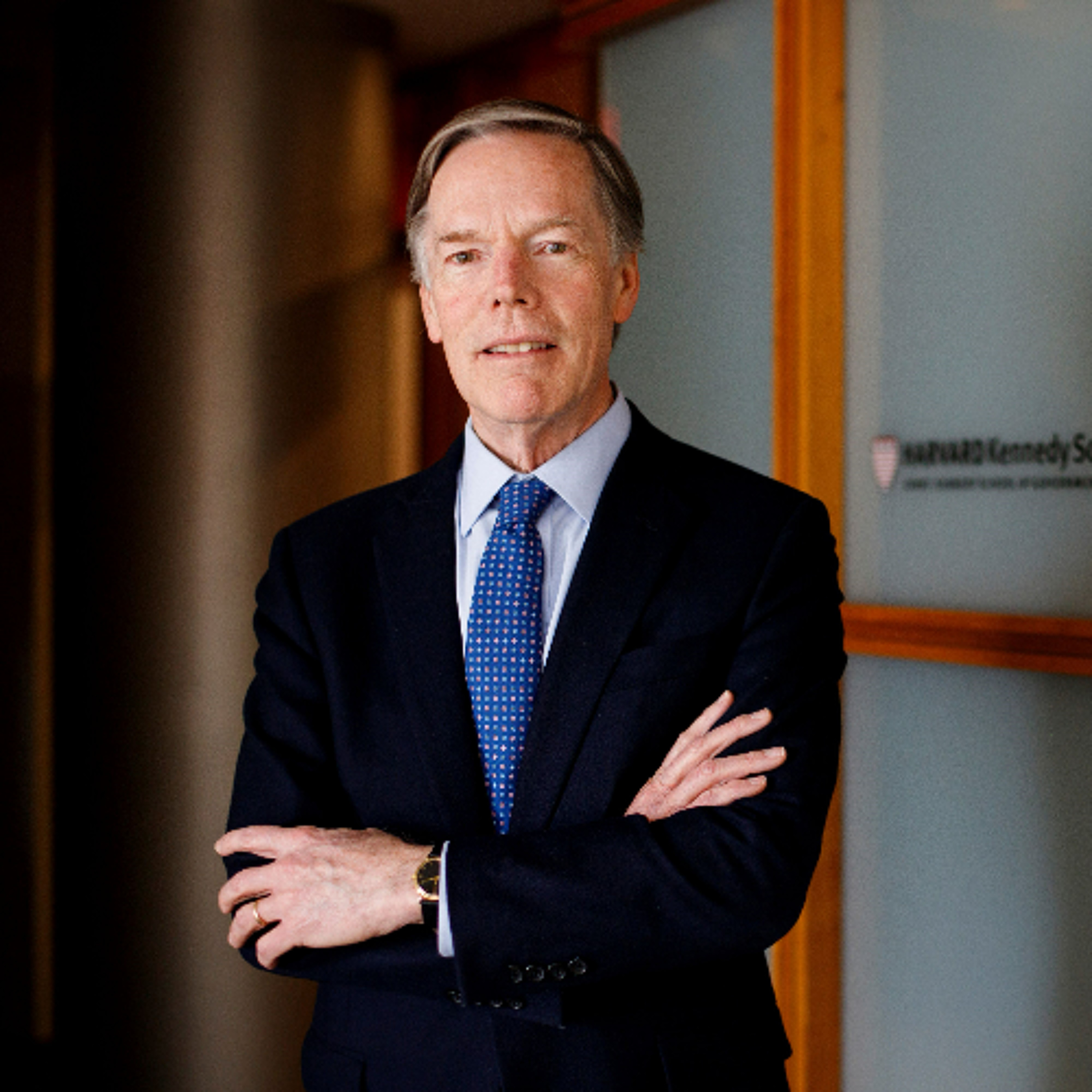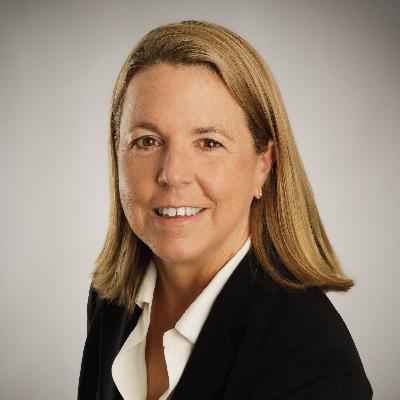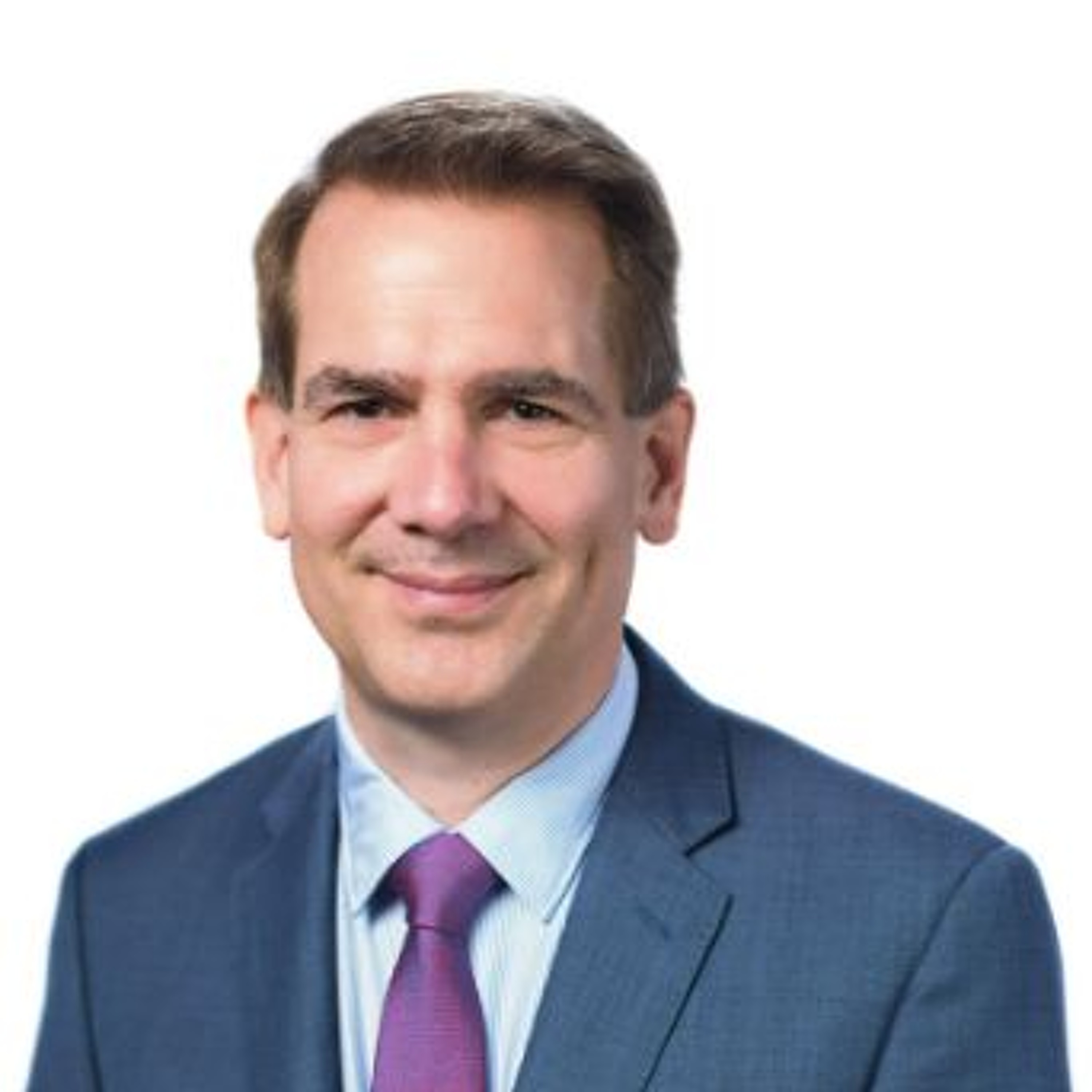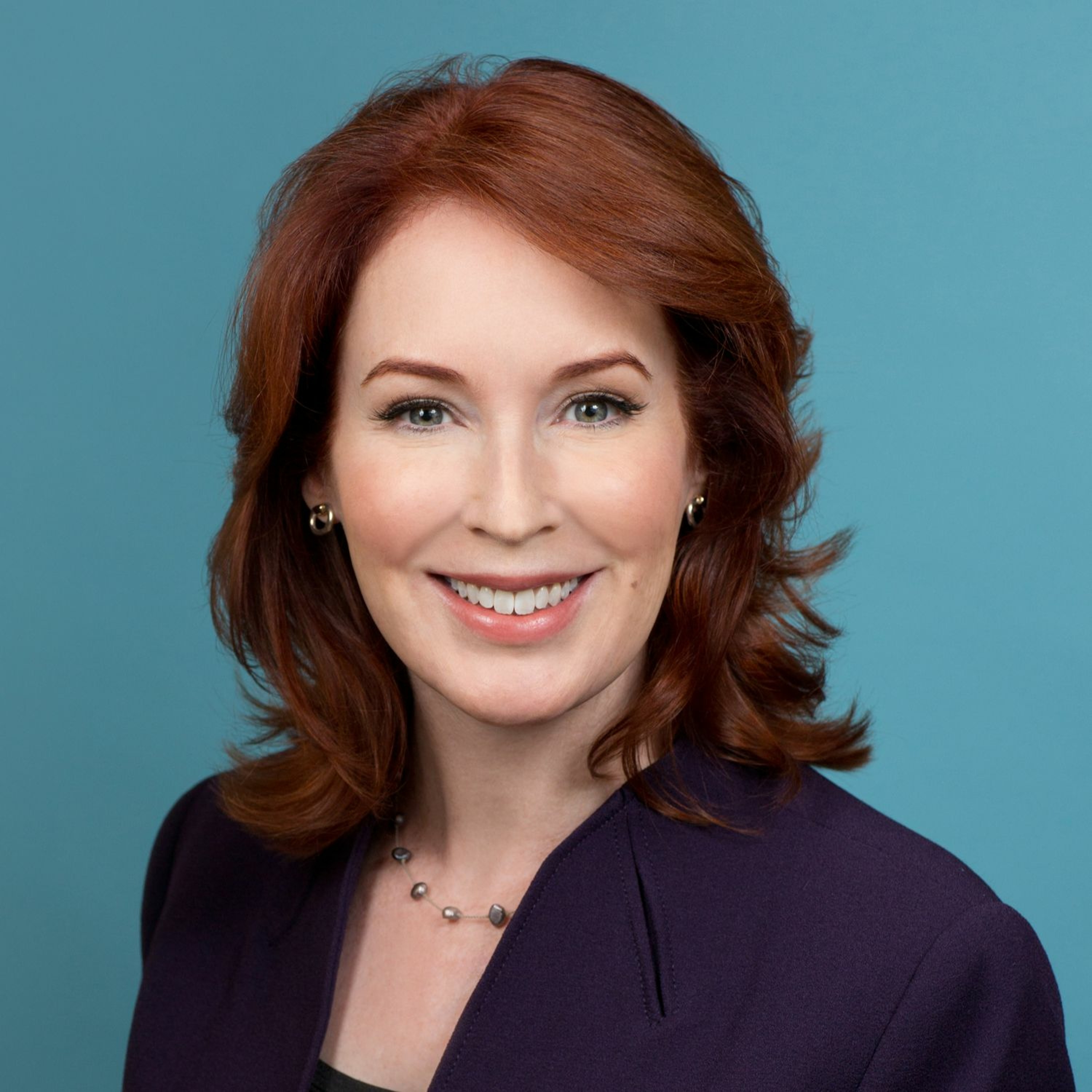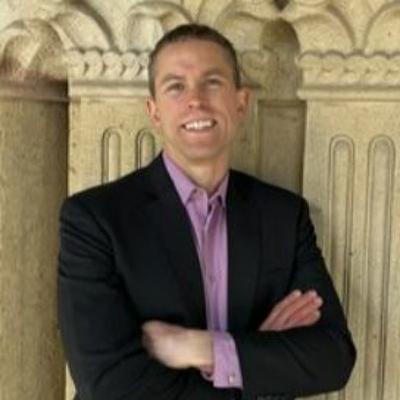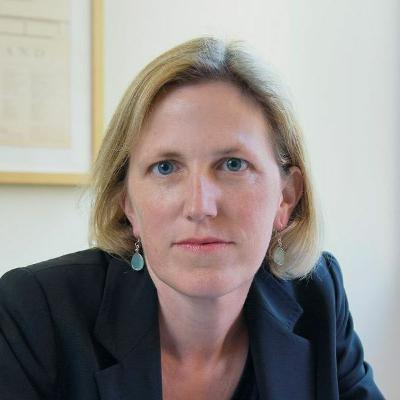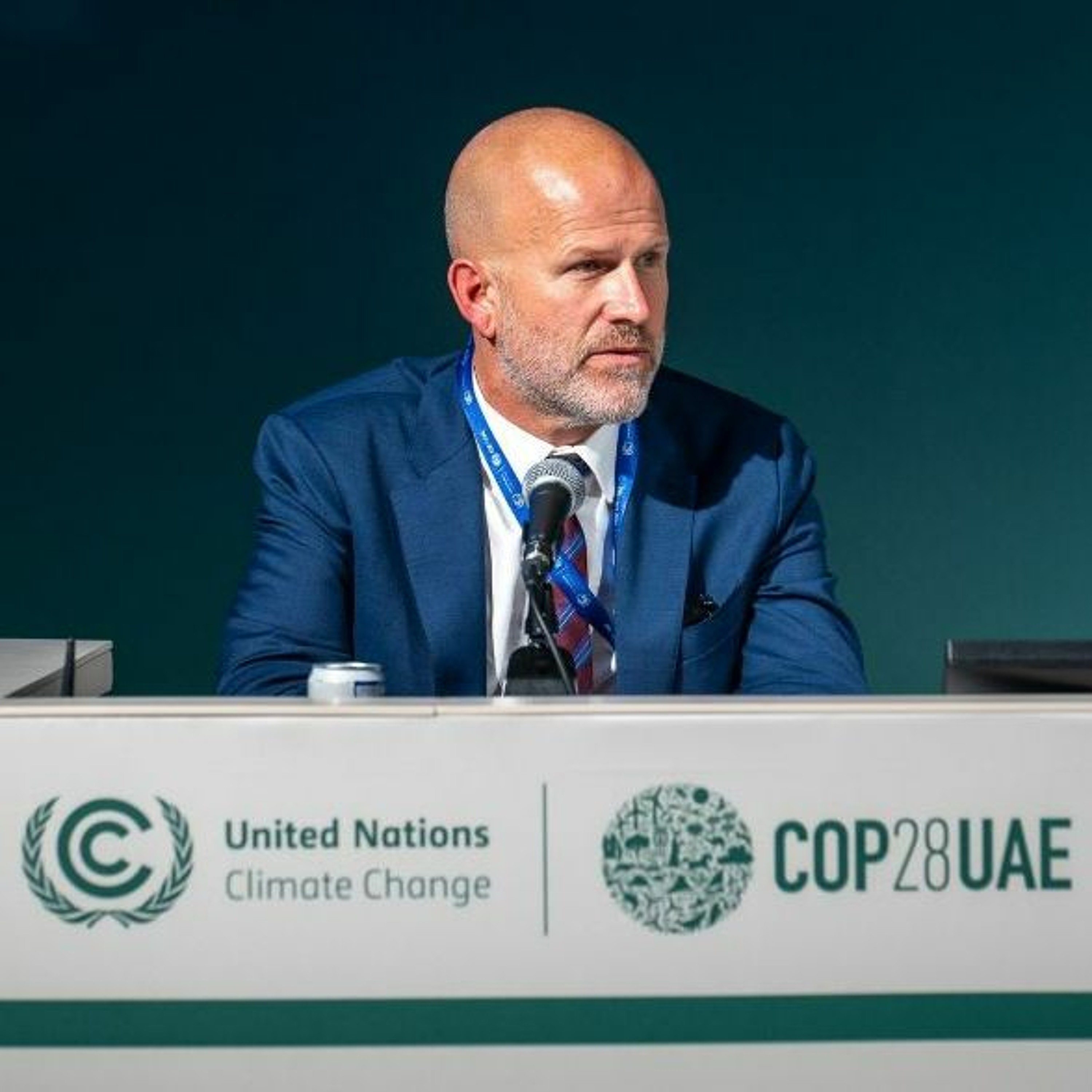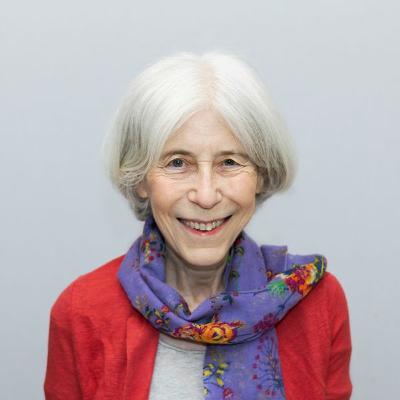Discover Environmental Insights: Conversations on policy and practice from the Harvard Environmental Economics Program
Environmental Insights: Conversations on policy and practice from the Harvard Environmental Economics Program

Environmental Insights: Conversations on policy and practice from the Harvard Environmental Economics Program
Author: Harvard Environmental Economics Program
Subscribed: 115Played: 1,551Subscribe
Share
© All rights reserved
Description
Hosted by Robert N. Stavins, A.J. Meyer Professor of Energy and Economic Development at Harvard Kennedy School and director of the Harvard Environmental Economics Program and the Harvard Project on Climate Agreements, Environmental Insights is intended to promote public discourse on important issues at the intersection of economics and environmental policy.
“Environmental Insights is intended to inform and educate listeners about important issues relating to an economic perspective on developments in environmental policy, including the design and implementation of market-based approaches to environmental protection,” said Stavins. “We speak with accomplished Harvard colleagues, other academics, and practitioners who are working on solving some of the most challenging public problems we face.”
Environmental Insights is hosted on SoundCloud and is also available on Amazon Music, Apple Podcasts, Pocket Casts, Podcast Addict, and Spotify.
PHOTO: by Gustavo Quepón on Unsplash
“Environmental Insights is intended to inform and educate listeners about important issues relating to an economic perspective on developments in environmental policy, including the design and implementation of market-based approaches to environmental protection,” said Stavins. “We speak with accomplished Harvard colleagues, other academics, and practitioners who are working on solving some of the most challenging public problems we face.”
Environmental Insights is hosted on SoundCloud and is also available on Amazon Music, Apple Podcasts, Pocket Casts, Podcast Addict, and Spotify.
PHOTO: by Gustavo Quepón on Unsplash
72 Episodes
Reverse
Esteemed energy economist Catherine Wolfram shared her thoughts on the 30th Conference of the Parties of the United Nations Framework Convention on Climate Change (COP30) and on the prospects for climate coalitions to significantly reduce CO₂ emissions in this episode of “Environmental Insights: Discussions on Policy and Practice from the Harvard Environmental Economics Program.” The podcast is produced by the Harvard Environmental Economics Program.
Read a transcript of this episode here: https://www.belfercenter.org/sites/default/files/2025-12/catherine-wolfram-podcast-transcript-december-2025.pdf
Longtime national political advisor John Podesta shared his insights on climate policy, the challenges of securing bipartisan support, and the global push toward clean energy in this episode of “Environmental Insights: Discussions on Policy and Practice from the Harvard Environmental Economics Program.”
Read the transcript of this episode: https://www.belfercenter.org/sites/default/files/2025-09/john-podesta-podcast-transcript-september-2025.pdf
A rising star in the field of environmental economics, Anna Russo, a Junior Fellow with the Harvard Society of Fellows, shared her unique perspective on the collaborative environment at Harvard, her research methodology likened to solving puzzles, and the importance of combining diverse data sources to derive meaningful insights in the newest episode of “Environmental Insights: Discussions on Policy and Practice from the Harvard Environmental Economics Program.”
Read a transcript of the podcast: https://www.belfercenter.org/sites/default/files/2025-09/anna-russo-podcast-transcript-september-2025.pdf
In this episode, Rob speaks with Elaine Buckberg, Senior Fellow at Harvard's Salata Institute for Climate and Sustainability, about the future of the EV market, both domestic and international.
Read the transcript of this episode: https://www.belfercenter.org/sites/default/files/2025-07/elaine-buckberg-podcast-transcript-july-2025.pdf
In this episode, Rob speaks with Nicholas Burns, the Roy and Barbara Goodman Family Professor of the Practice of Diplomacy and International Relations at Harvard Kennedy School about his time serving as U.S. Ambassador to China and on his perspectives about bilateral efforts to address climate change.
Read a transcript of the podcast: https://www.belfercenter.org/sites/default/files/2025-06/nick-burns-podcast-transcript-june-2025.pdf.
Photo credit: Grace DuVal/Harvard University
Rob speaks with Joseph Aldy, the Teresa and John Heinz Professor of the Practice of Environmental Policy at Harvard Kennedy School, about the myriad ways in which the new Trump administration could impact domestic climate, energy, and environmental policy.
Read a transcript of the podcast here: https://www.belfercenter.org/sites/default/files/2025-03/joseph-aldy-podcast-transcript-march-2025.pdf
Vijay Vaitheeswaran, the global energy and climate innovation editor at The Economist, expressed his appreciation for bottom-up climate policy solutions in the newest episode of “Environmental Insights: Discussions on Policy and Practice from the Harvard Environmental Economics Program.” The podcast is produced by the Harvard Environmental Economics Program (HEEP) and hosted by HEEP Director Robert Stavins.
Read a transcript of the episode: https://www.belfercenter.org/sites/default/files/2025-01/vijay-vaitheeswaran-podcast-transcript.pdf
Max Bearak, energy policy and global climate negotiations reporter for the New York Times shared his perspectives on the recently concluded 29th Conference of the Parties (COP 29) of the United Nations Framework Convention on Climate Change (UNFCCC) in the newest episode of “Environmental Insights: Discussions on Policy and Practice from the Harvard Environmental Economics Program.”
The podcast is produced by the Harvard Environmental Economics Program and hosted by Robert Stavins, A.J. Meyer Professor of Energy and Economic Development at Harvard Kennedy School and director of the Harvard Environmental Economics Program and the Harvard Project on Climate Agreements.
Read a transcript of the podcast: https://www.belfercenter.org/sites/default/files/2024-12/max-bearak-podcast-transcript-dec-2024.pdf
The use of economy-wide and integrated assessment modeling to better understand climate change impacts and policy was the focus of discussion in the latest episode of “Environmental Insights: Discussions on Policy and Practice from the Harvard Environmental Economics Program” featuring Karen Fisher-Vanden, the Distinguished Professor of Environmental and Resource Economics and Public Policy at Pennsylvania State University.
Read a transcript of the podcast: https://www.belfercenter.org/sites/default/files/2024-10/karen-fisher-vanden-podcast-transcript.pdf.
How climate change is impacting American agriculture and land use was the focus of discussion in the newest episode of “Environmental Insights: Discussions on Policy and Practice from the Harvard Environmental Economics Program” featuring Wolfram Schlenker, the Ray Goldberg Professor of the Global Food System at the Harvard Kennedy School. The podcast is produced by the Harvard Environmental Economics Program.
Read a transcript of the podcast here: https://www.belfercenter.org/sites/default/files/2024-09/wolfram-schlenker-podcast-transcript-9-9-2024.pdf.
The ways in which land use and environmental policies intersect with natural resource sustainability and climate change was the focus of discussion in the newest episode of “Environmental Insights: Discussions on Policy and Practice from the Harvard Environmental Economics Program” featuring Charles Taylor, assistant professor of public policy at Harvard Kennedy School. The podcast is produced by the Harvard Environmental Economics Program.
Read a transcript of the podcast: https://www.belfercenter.org/sites/default/files/files/publication/charles-taylor-podcast-transcript.pdf
The rise of political populism and economic protectionism are serious barriers impeding efforts to combat global climate change. Robert Lawrence, the Albert Williams Professor of International Trade and Investment at Harvard Kennedy School, expressed those concerns in the newest episode of “Environmental Insights: Discussions on Policy and Practice from the Harvard Environmental Economics Program.”
The podcast is produced by the Harvard Environmental Economics Program.
Read a transcript of the podcast: https://www.belfercenter.org/sites/default/files/files/publication/robert_lawrence_podcast_transcript.pdf
International relations expert Meghan O'Sullivan, the Jeane Kirkpatrick Professor of the Practice of International Affairs at Harvard Kennedy School, expressed her hopes for achieving successful international climate policy solutions in the newest episode of “Environmental Insights: Discussions on Policy and Practice from the Harvard Environmental Economics Program.” The podcast is produced by the Harvard Environmental Economics Program.
Read a transcript of the podcast: https://www.belfercenter.org/sites/default/files/files/publication/osullivan-podcast-transcript-v2.pdf
Behavioral economist Hunt Allcott, Professor of Global Environmental Policy at the Doerr School of Sustainability at Stanford University, questioned the impact of new and used electric vehicle (EV) subsidies in the newest episode of “Environmental Insights: Discussions on Policy and Practice from the Harvard Environmental Economics Program.”
The podcast is produced by the Harvard Environmental Economics Program.
Read a transcription of the podcast here: https://www.belfercenter.org/sites/default/files/files/publication/hunt-allcott-podcast-transcript.pdf.
UCLA Law School Professor Kimberly Clausing gives the Biden Administration high praise for its climate policies in the newest episode of “Environmental Insights: Discussions on Policy and Practice from the Harvard Environmental Economics Program.” The podcast is produced by the Harvard Environmental Economics Program.
Read a transcript of the podcast: https://www.belfercenter.org/sites/default/files/files/publication/kim-clausing-podcast-transcript.pdf.
Eminent Harvard economist Richard Zeckhauser presented arguments for additional climate adaptation measures in the newest episode of “Environmental Insights: Discussions on Policy and Practice from the Harvard Environmental Economics Program.” The podcast is produced by the Harvard Environmental Economics Program.
Read a transcript of the podcast: https://www.belfercenter.org/sites/default/files/files/publication/richard-zeckhauser-podcast-transcript.pdf
Amy Harder, the founding Executive Editor of the climate policy publication Cipher News, expressed her surprise with several positive outcomes from the recent 28th Conference of the Parties of the United Nations Framework Convention on Climate Change (COP 28) in Dubai during a special episode of “Environmental Insights: Discussions on Policy and Practice from the Harvard Environmental Economics Program.”
The podcast is produced by the Harvard Environmental Economics Program.
Read a transcript of the podcast: https://www.belfercenter.org/sites/default/files/files/publication/amy-harder-podcast-transcript.pdf
With 28th Conference of the Parties (COP 28) of the United Nations Framework Convention on Climate Change well underway, Jonathan Banks, the global director of the Methane Pollution Prevention Program at the Clean Air Task Force (CATF), is the guest in a special mid-COP episode of “Environmental Insights: Discussions on Policy and Practice from the Harvard Environmental Economics Program.” The podcast is produced by the Harvard Environmental Economics Program.
Read a transcript of the interview: https://www.belfercenter.org/sites/default/files/files/publication/jonathan-banks-podcast-transcript.pdf
With the start of the 28th Conference of the Parties (COP 28) of the United Nations Framework Convention on Climate Change just days away, environmental economist Nat Keohane is expressing optimism that the new global stocktake will incentivize participating nations to step up their collective efforts to slow the rise of global temperatures. Keohane is the guest in a special pre-COP episode of “Environmental Insights: Discussions on Policy and Practice from the Harvard Environmental Economics Program.” The podcast is produced by the Harvard Environmental Economics Program.
Read a transcript of the podcast: https://www.belfercenter.org/sites/default/files/files/publication/nat-keohane-podcast-transcript.pdf
Economic historian Emma Rothschild, the Jeremy and Jane Knowles Professor of History at Harvard, lauded the efforts of young scholars to discover local solutions to mitigate the impacts of global climate change in the latest episode of “Environmental Insights: Discussions on Policy and Practice from the Harvard Environmental Economics Program.” The podcast is produced by the Harvard Environmental Economics Program.
Read a transcript of the interview: https://www.belfercenter.org/sites/default/files/files/publication/emma-rothschild-podcast-transcript-v2.pdf.


